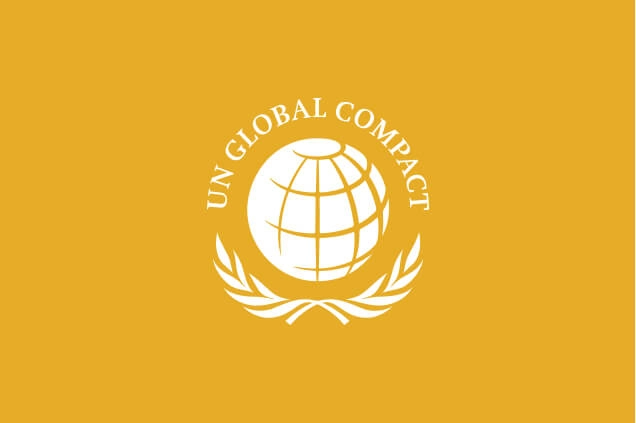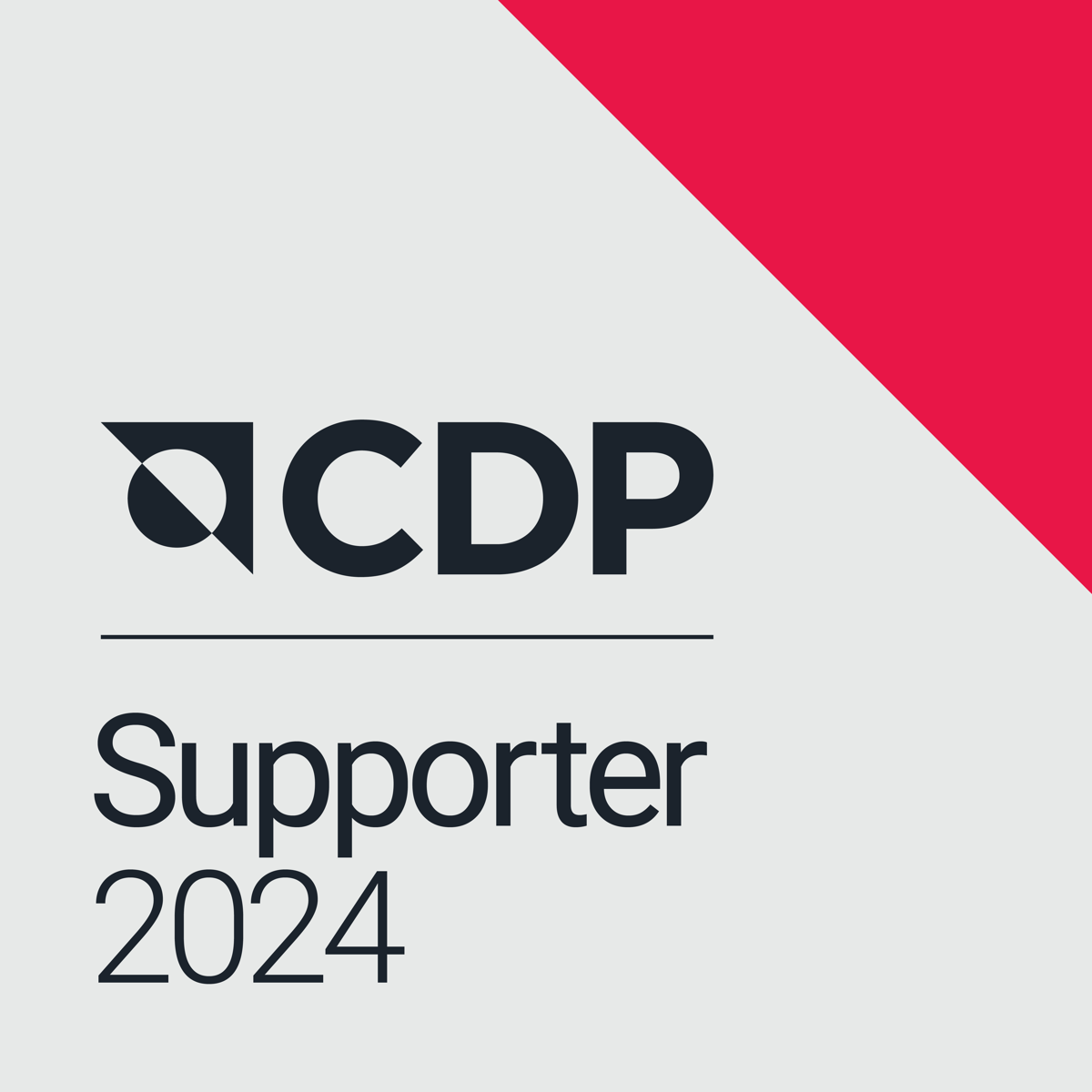Networks
UN GLOBAL COMPACT
By joining the United Nations Global Compact, VIG is committed to the Ten Principles of the UN Global Compact in the areas of environmental protection, labor standards, human rights and anti-corruption, and is already implementing many measures.
The Group is thus one of more than 13,000 companies worldwide that have joined this initiative to date. VIG is also committed to the UN Sustainable Development Goals (SDGs) and undertakes to actively promote them within its sphere of influence. As a participant in the UN Global Compact, the Group submits an annual Communication on Progress (COP) outlining the actions taken during the year to implement the Ten Principles and the SDGs.
VIG is committed to the Ten Principles of the UN Global Compact
- Businesses should support and respect the protection of internationally proclaimed human rights.
- Businesses should make sure that they are not complicit in human rights abuses.
VIG makes a clear commitment to human rights in its Code of Business Ethics and takes this into account in its business activities. In its immediate sphere of influence, this concerns how the Group treats its own employees. Good working conditions and recognition of employee rights form the basis for a fair and respectful relationship.
- Businesses should uphold the freedom of association and the effective recognition of the right to collective bargaining.
- Businesses should uphold the elimination of all forms of forced and compulsory labour.
- Businesses should uphold the effective abolition of child labour.
- Businesses should uphold the elimination of discrimination in respect of employment and occupation.
The Group also respects and supports international human rights in its human resources work. There is, of course, no forced labour or child labour in any of the VIG companies. Discrimination is not tolerated. The group recognizes employee rights such as freedom of assembly, collective agreement negotiations and the choice of representatives. Collective agreement results are recognised and associated statutory provisions are observed in each country. Employees and their representatives are regularly informed about important business decisions.
The Group aims to be an "employer of choice". To achieve this, it is important to deal fairly and justly with all employees.
- Businesses should support a precautionary approach to environmental challenges.
- Businesses should undertake initiatives to promote greater environmental responsibility.
- Businesses should encourage the development and diffusion of environmentally friendly technologies.
The environmental priorities in the sustainability strategy include adjusting the business model for climate change and conserving resources in the Company's own business operations. VIG was the first insurance company in Europe to issue a benchmark sustainability bond. The net proceeds from the issue are, amongst others, being used for projects in the areas of renewable energy, green buildings and clean transportation. VIG invests heavily in green bonds. They are used to fund environmentally friendly projects, such as wind farms. In addition to covering personal risks, some insurance products also have a positive effect on society and the environment. VIG insurance companies, for example, offer unit-linked life insurance policies that invest in ESG funds.
- Businesses should work against corruption in all its forms, including extortion and bribery.
Rule 8 of the VIG Code of Business Ethics illustrates our attitude towards corruption and bribery: We oppose all forms of corruption and bribery. corruption and bribery. For more information on anti-corruption please see our Code of Business Ethics and the explanations in the Compliance organisation section.
VIG’s contribution to the Sustainable Development Goals
The United Nations 2030 Agenda is an action plan for sustainable development worldwide. It defines 17 goals (Sustainable Development Goals, SDGs) and 169 targets based on the three dimensions environment, economy and society. The SDGs show that everyone can make a positive contribution and that they are aimed at both countries and companies. VIG Insurance Group has dealt with the SDGs since 2019 and has integrated them into its sustainability reporting since then. The chart below shows the goals and targets to which the VIG companies can make the greatest contribution.

SDG 3
![]()
Good health and well-being
Ensure healthy lives and promote well-being for all at all ages.
Target
3.8 Achieve universal health coverage, including financial risk protection, access to quality essential health-care services and access to safe, effective, quality and affordable essential medicines and vaccines for all.
VIG's contribution
- Future provision products and services
- A variety of sports and mental health programmes for promoting health in the Company
SDG 5
![]()
Gender equality
Achieve gender equality and empower all women and girls.
Target
5.5 Ensure women’s full and effective participation and equal opportunities for leadership at all levels of decision-making in political, economic, and public life.
VIG's contribution
- Diversity strategy that allows local modifications
- Measures to raise awareness of equal opportunity, inclusion and diversity
SDG 11
![]()
Sustainable cities and communities
Make cities and human settlements inclusive, safe, resilient and sustainable.
Target
11.1 By 2030, ensure access for all to adequate, safe and affordable housing and basic services, and upgrade slums.
11.3 By 2030, enhance inclusive and sustainable urbanisation and capacity for participatory, integrated and sustainable human settlement planning and management in all countries.
VIG's contribution
- Investments in affordable, energy-efficient housing and regular renovation of existing buildings
- Investment in the start-up Gropyus
SDG 13
![]()
Climate action
Take urgent action to combat climate change and its impacts.
Target
13.3 Improve education, awareness-raising and human and institutional capacity on climate change mitigation, adaptation, impact reduction and early warning.
VIG's contribution
- Withdrawal from coal investments and underwriting
- Issue of a sustainability bond
- Increase in environmental investments
- Products and services for innovative sectors
respACT - austrian business council for sustainable development



